Some bigwigs/hoodlums on the advisory board thought it’d be a funny idea to let me run around with a microphone asking our group leaders how things were shaping up in the communities within the community, since we are so grateful they have come to us with their journals, their projects, their discussion ideas for groups, workshopping, editing, and support. The groups are a lovely way to join in the Fictionaut community on an even more personal level and it is exciting to see things blooming. Discussions within the online community about the online community are so meta, aren’t they? I am really looking forward to my ghost coming back to haunt a classroom at NYU in discussion on the early stages of the literary internet in one hundred years. This will be fun to catalogue as we go and grow and evolve, here, first generation members of Fictionaut, n’est pas?
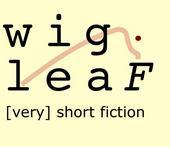 Wigleaf Editor Scott Garson (who provided us with poetry) and Paper Hero Press Founder aka Dogzplot founder Barry Graham (who provided us with humor) were some of the first gentlemen to humor me with our first round of questions, and true to their work and journals they did it in style and in the original voices we have come to celebrate. Thank you sirs, you are gentlemen, scholars and incredibly original and talented writers and editors. Everybody else: be prepared, you’re next and as is the case with a great deal of the internet content, we are going on guts, instinct and a general drive toward truth, and I have absolutely zero idea what I am doing!
Wigleaf Editor Scott Garson (who provided us with poetry) and Paper Hero Press Founder aka Dogzplot founder Barry Graham (who provided us with humor) were some of the first gentlemen to humor me with our first round of questions, and true to their work and journals they did it in style and in the original voices we have come to celebrate. Thank you sirs, you are gentlemen, scholars and incredibly original and talented writers and editors. Everybody else: be prepared, you’re next and as is the case with a great deal of the internet content, we are going on guts, instinct and a general drive toward truth, and I have absolutely zero idea what I am doing!
Q (Nicolle Elizabeth aka who is that kid anyway for Fictionaut): Hey Scott! I see you have a Wigleaf group going here on Fictionaut. Dude, explain yourself for us. What’s Wigleaf and what are the hopes for the Wigleaf Fictionaut group? (talk nice, investors read this sort of thing)
 A (Garson): Wigleaf is yippidy hep. Wigleaf is follidy kap. And then Alice woke up. I was reading the most awesome very short fiction, she told her sister. It was in this webmag. Wigbert? Figleaf? …. I’d been thinking about the possibility of a Wigleaf group for awhile. Facebook seemed the most obvious place, but Facebook groups are more like notice machines. I’m really happy about starting a Wigleaf group here: there’s more of a chance of real community–readers talking back and forth. That kind of thing is just aces…
A (Garson): Wigleaf is yippidy hep. Wigleaf is follidy kap. And then Alice woke up. I was reading the most awesome very short fiction, she told her sister. It was in this webmag. Wigbert? Figleaf? …. I’d been thinking about the possibility of a Wigleaf group for awhile. Facebook seemed the most obvious place, but Facebook groups are more like notice machines. I’m really happy about starting a Wigleaf group here: there’s more of a chance of real community–readers talking back and forth. That kind of thing is just aces…
Q: Are you going to apply your various roles as reader and editor to steer the group or are you going to watch what i would call, the internet ants under a picnic basket theory? People will come, eat, build their own colonies, start their own societies, forge their own heroes? (i love ants i want a tattoo of an ant)
A: Ants, I guess, yeah. I mean, I’ve started all the discussion threads so far, but I’d be thrilled if other people started starting them…. I love that some people have posted new stories, ones that haven’t run in Wigleaf or anywhere else. For me, that makes the group seem more alive: it’s connected to Wigleaf, but it’s its own thing. Related to this, possibly, is the question of Ravi. Ravi Mangla is an admin of the group, too. If he wants, he can change it overnight, make it into a fanclub for motorcyclists or something. That’s something that could happen in a Ravi Mangla story anyway…. *note from Nicolle* Hey Ravi! Here’s where I plug your Fictionaut profile, Ravi Mangla: click on his profile for a good time. awesome top shelf craftsman of the word.
Q: What are your thoughts on interneting in general? (and specific if you want i’ve got all day i have no life)
A: Well, the internet is pretty addictive. If I could quit it and beer… Well, I’d be a better person, I’m sure. I do think–as far as lit goes–that the internet is changing things faster than anybody’s really grasped. That’s part of why it’s such a kick to be involved right now: we’re living in boomtime. People will look back and try to figure out what all happened.
Q: In what ways if any have you found Fictionaut helpful, interesting, or neither etc.
A: As a platform for a wider community of writers, Fictionaut is primo. Really it amazes me: if you got this many writers together in an actual room, there’d be all this, you know, in-group/out-group stuff, vague attitudes, private humiliations…. I don’t see much of that on Fictionaut. Enthusiasm and support seem to predominate here.
Q: As writer yourself, can you make the distinction between how you use Fictionaut from writer to editor and what the differences and purposes are if any and how you use it differently if any?
A: I loved James Robison’s piece about Fictionaut. He was talking about how, as a writer, you might consider giving something a trial flight on Fictionaut (He said it a lot better than that). Anyway, that’s what draws me most as a writer. I think I’ve put up four or five things in the year that I’ve been around, and all but one have been new things–or things that haven’t yet been published. A few weeks ago, I put up one called “At the Beach Hotel,” and though it’s hard to say how exactly, the response to it gave me a much better idea about where I might try to place it. I have, in the past, played ‘editor’ here, scoring sweet stories from Meghan Austin, Barry Graham, and, in a less direct way, Erin Fitzgerald. These days, though, we get so much in the inbox. I’m not really looking to expand the pool. That said, Ethel Rohan‘s “Gold,” which I loved here when I first read it, just got accepted as a regular submission. So, you know, there’s that….
Barry Graham for Dogzplot:
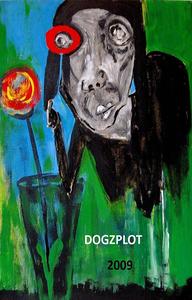 Q (Nicolle Elizabeth aka who is that kid, anyway? for Fictionaut): Hey Barry! I see you have a Dogzplot group going here on Fictionaut. dude, explain yerself for us. What’s Dogzplot and what are the hopes for the Dogzplot Fictionaut group? (talk nice, investors read this sort of thing) are you worried it is going to get out of hand? Dogzploters (myself included) are notorious for being infamous, deviant and party animals.
Q (Nicolle Elizabeth aka who is that kid, anyway? for Fictionaut): Hey Barry! I see you have a Dogzplot group going here on Fictionaut. dude, explain yerself for us. What’s Dogzplot and what are the hopes for the Dogzplot Fictionaut group? (talk nice, investors read this sort of thing) are you worried it is going to get out of hand? Dogzploters (myself included) are notorious for being infamous, deviant and party animals.
A (Graham): www.dogzplot.com. You decide.
Q: Are you going to apply your various roles as reader and editor to steer the group or are you going to watch what i would call, the internet ants under a picnic basket theory? (i love ants i want a tattoo of an ant)
A: Actually I’m not much of a steerer. I think the best way to make things happen is to act as a source of inspiration and see how others respond. I’m not suggesting I am an inspiration, only that that is my theory on leadership. I would expand on this but I think my explanation is clear enough. I’d rather be Dr. Seuss than Napoleon. Also, I’m glad you love ants. “Ants are the strongest of all living creatures. It is no coincidence they are so easily crushed.” I wrote that in high school. Isn’t it beautiful? If you agree to get matching ant tattoos with me I will agree to pay for them… deal?
Q: What are your thoughts on interneting in general? (and specific if you want i’ve got all day i have no life)
A: Wow. This question sort of feels overwhelming because the internet is so many things. I’ll just say that I like it a lot. I actually met my future wife through the internet.
Q: In what ways if any have you found Fictionaut helpful, interesting, or neither etc.
A: I’m a huge fan of Fictionaut. I am a strong supporter of writers getting together by any means, even virtually in this case, and fellowshipping. Sharing ideas and creations and having discussions and getting people excited about writing and inspired to write. Can I get an Amen?
Q: As a writer yourself can you explain the differences between using Fictionaut as an editor and reader vs. as a writer if any? If the answers no its fine i’ll just hide down here in this moat no problem.
A: I’m a writer? Hmmm. I can’t see any major differences. I mean, there are stories I’ve read on here that make me want to read more words written by particular people (and no, I’m not gonna do the name drop thing), but I would feel that way as an editor or a writer.. I have heard of editors asking writers to submit stuff to their journals after reading their stories on Fictionaut. I’ve even done that a time or two, so I guess there’s that.
Q: Thanks this ruled in my head.
A: I’m afraid I’ve disappointed you. Sorry.

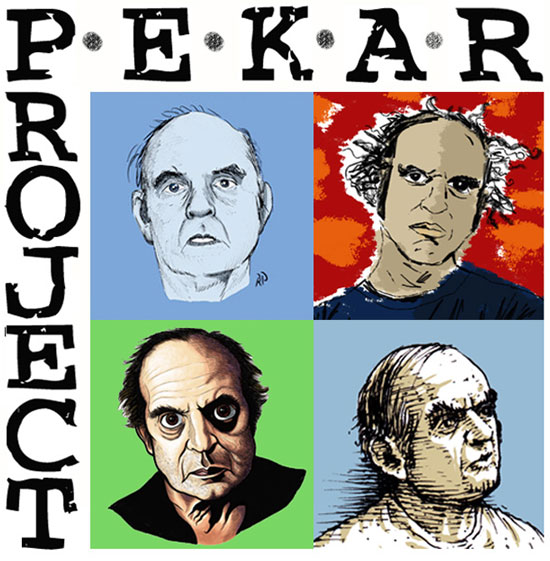
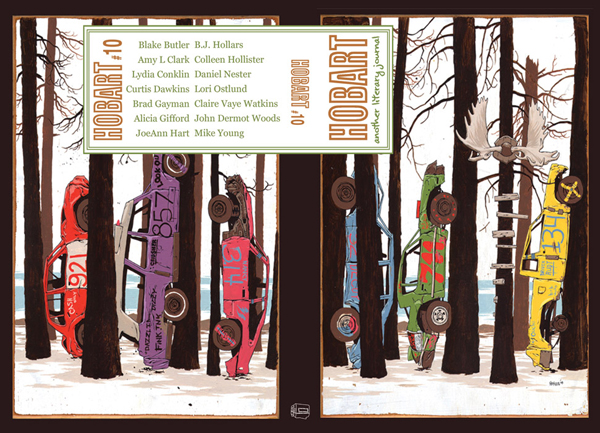
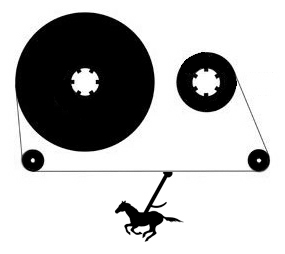

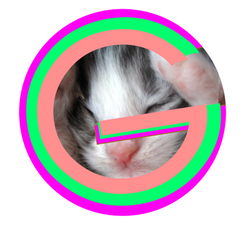 Q (
Q ( Q: What is nano and how does the
Q: What is nano and how does the 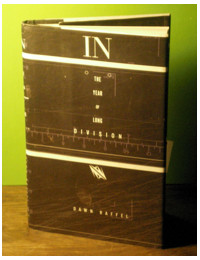 Published in 1995 by Knopf in a tiny chalkboard-colored hardback, In the Year of Long Division by Dawn Raffel can now be had at
Published in 1995 by Knopf in a tiny chalkboard-colored hardback, In the Year of Long Division by Dawn Raffel can now be had at  Wigleaf
Wigleaf A (Garson): Wigleaf is yippidy hep. Wigleaf is follidy kap. And then Alice woke up. I was reading the most awesome very short fiction, she told her sister. It was in this webmag. Wigbert? Figleaf? …. I’d been thinking about the possibility of a Wigleaf group for awhile. Facebook seemed the most obvious place, but Facebook groups are more like notice machines. I’m really happy about starting a Wigleaf group here: there’s more of a chance of real community–readers talking back and forth. That kind of thing is just aces…
A (Garson): Wigleaf is yippidy hep. Wigleaf is follidy kap. And then Alice woke up. I was reading the most awesome very short fiction, she told her sister. It was in this webmag. Wigbert? Figleaf? …. I’d been thinking about the possibility of a Wigleaf group for awhile. Facebook seemed the most obvious place, but Facebook groups are more like notice machines. I’m really happy about starting a Wigleaf group here: there’s more of a chance of real community–readers talking back and forth. That kind of thing is just aces… Q (
Q (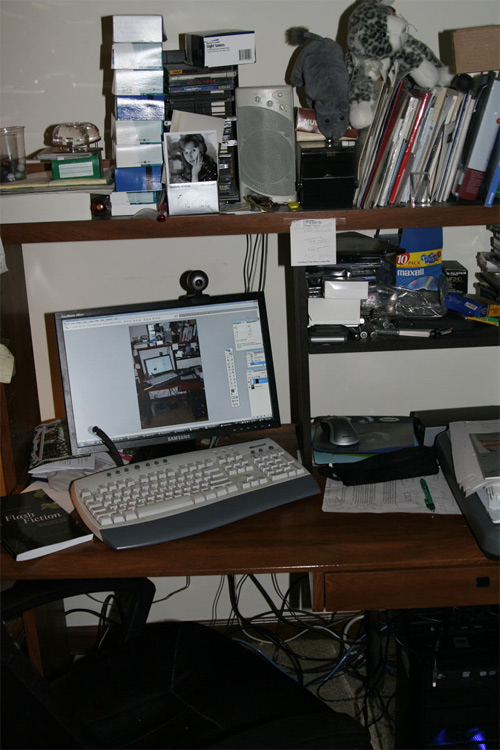
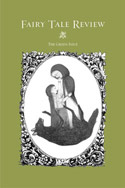
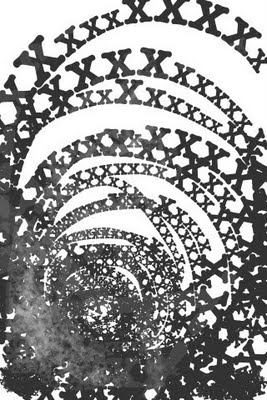
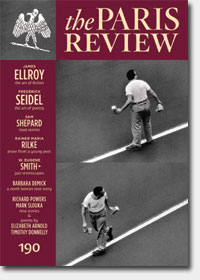
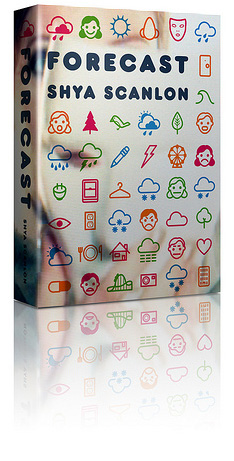 Brian Evenson calls
Brian Evenson calls